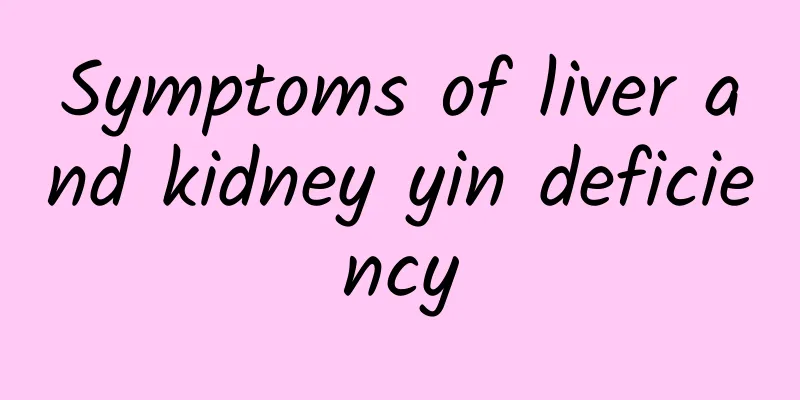Symptoms of acne

|
Acne is actually a chronic inflammatory skin disease caused by the sebaceous glands on the hair follicles of people's skin. When this disease occurs, most patients appear in adolescence, that is, between the ages of sixteen and eighteen. But there are also some cases where the disease occurs earlier. However, what exactly are the symptoms of acne? Let’s take a look at the relevant knowledge and suggestions. The symptoms of acne are actually quite obvious. After this disease occurs, skin lesions tend to occur on people's faces, upper chest and back. The appearance of acne is not a manifestation of inflammatory skin lesions. They occur as open and closed comedones. Closed comedones are skin-colored papules about one millimeter in size on your skin, with no obvious hair follicle openings. Open comedones (also known as blackheads) appear as dome-shaped papules with significantly dilated follicular openings. Acne will further develop into various inflammatory skin lesions, manifesting as inflammatory papules, pustules, nodules and cysts. Inflammatory papules are red, with a diameter ranging from 1 to 5 mm; pustules are uniform in size and filled with white pus; nodules are larger than 5 mm in diameter, feel hard and painful to the touch; cysts are located deeper and are filled with a mixture of pus and blood. These lesions may also fuse to form large inflammatory plaques and sinus tracts. After the inflammatory skin lesions subside, pigmentation, persistent erythema, and depressed or hypertrophic scars are often left behind. Clinically, acne is divided into 3 or 4 grades according to the nature and severity of acne lesions: Grade 1 (mild): only comedones; Grade 2 (moderate): in addition to comedones, there are also some inflammatory papules; Grade 3 (moderate): in addition to comedones, there are also more inflammatory papules or pustules; Grade 4 (severe): in addition to comedones, inflammatory papules and pustules, there are also nodules, cysts or scars. The symptoms of acne are very obvious. After reading the above introduction to the symptoms of acne, we recommend that young friends, if they develop skin diseases such as acne, go to the hospital for diagnosis in time to see what level their acne is. And follow the doctor's instructions for treatment, I believe you will be cured soon. |
<<: Symptoms of autonomic dysfunction
>>: What should I do if I have hemorrhoids?
Recommend
How many days does it usually take for a newborn to recover from pneumothorax? What is pneumothorax?
Pneumothorax refers to the entry of gas into the ...
Black spots on belly
It is common to see black spots on the belly, whi...
Anti-inflammatory drugs for simple appendicitis
There is a part in people's stomach called th...
Do you know these methods to treat insomnia?
Nowadays, there are many factors that can cause i...
What to do if your eyes are swollen and bruised
Because of violent collisions and accidental fall...
What are the effects of hyaluronic acid on the face?
Hyaluronic acid is a very common substance in bea...
What is the cause of cervical dizziness and headache?
If a person who suffers from motion sickness expe...
Effective ways to eliminate bad breath
There are very few ways to get rid of bad breath....
What is the reason for anal itching
The anus is a part mainly composed of sphincters,...
What are the side effects of Pangdahai?
I believe that everyone is very familiar with Pan...
Do I get any anti-inflammatory injections after induced labor?
After induced abortion, the physical harm to wome...
What to do if your child has a backache
Parents are often worried when their children hav...
Tips for stopping sweating when you are nervous
Although sweating is normal and is a way to detox...
Can people with rabies be saved?
Many people think that rabies is an incurable dis...
What causes back pain?
As people's pace of life accelerates, their l...









